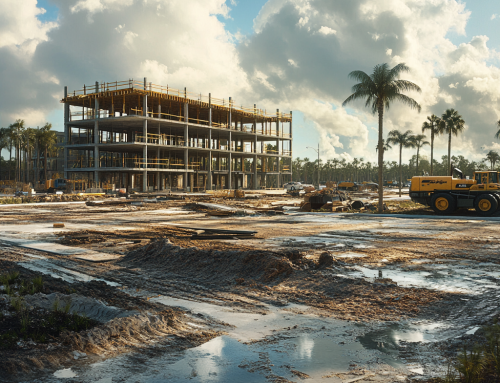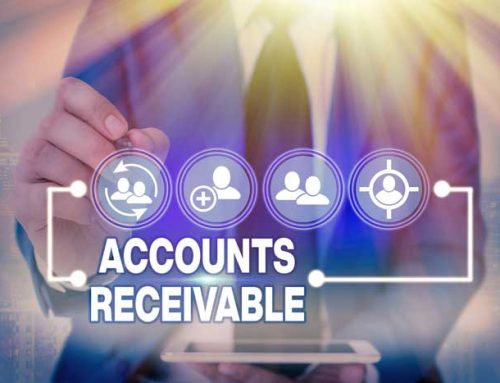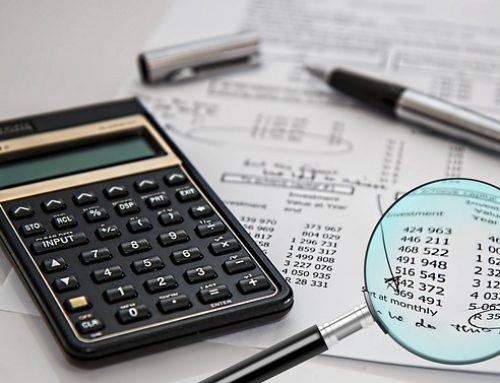CONSTRUCTION EQUIPMENT LEASE MANAGEMENT
Every business owner has learned how important it is to have the financial means to withstand a possible prolonged period of disruption. One of the ways companies tend to preserve cash is to lease equipment rather than buy it. In the construction industry, it’s often more prudent to lease when the requirement for specialized equipment may be needed for only a small period of time on a single job or the cost of ownership is out of reach. However, businesses need to be extremely diligent with the management of those leases, or they can inadvertently cost themselves a more in the long run.
Through proper lease management, many of the issues described above can be avoided. Best practices for equipment lease management or management of any leased asset include the following.
1. Read the fine print. Look for hidden fees, costs, penalties and potential risks in these clauses, specifically the following.
-
Default provisions:
A default provision should provide a clear indication of potential penalties for failing to meet any condition of the lease.
-
Termination clauses:
Similar to default clauses, the termination section may also include potential negative actions for failure to meet the terms of the contract.
-
Force majeure and service-level clauses:
Both of these typically focus on the ability of an asset to perform its duties. For example, if a contractor leases a crane, and it is inoperable, the clause outlines the responsibilities of the lessor in this scenario. However, it does not necessarily absolve the business from the need to make lease payments on the equipment.
2. Evaluate lease versus buy options. Thoroughly evaluate the lease versus buy implications and financial impact, including the following.
-
Innovation over time:
If a business is leasing equipment over three years or more, there may be advances in technology or regulatory requirements that make it necessary or more desirable for a company to have new equipment every few years.
-
Cost of ownership:
In certain circumstances, purchasing equipment may be less expensive than leasing equipment over a long period of time. Total cost of renting and ownership should be evaluated side by side.
-
Control of assets:
Some organizations may prefer purchasing to leasing assets if they have a need to control certain aspects of the equipment usage that may be restricted in a lease agreement.
-
Cash flow management:
Companies may not want to tie up capital through a purchase, even if it is more cost-effective. Organizations may prefer to minimize a financial commitment in the short-term.
3. Proper management of lease agreements can mitigate risks and reduce costs.
-
Audit all leased assets:
Conduct annual or biannual audits on all lease agreements to ensure compliance with terms and conditions and to avoid defaulting and other penalties.
-
Implement lease management software:
Use lease management and accounting software to manage multiple, complex leases and track trigger dates and events closely. Best-in-class lease management solutions will provide a return on investment in hard and soft-dollar savings in less than two months.
There are two common, and costly, mistakes that businesses make with equipment leases: lack of management of lease financing costs and poor oversight of lease expirations.
That being said, when the equipment owner or lessor fails to receive payment and after many attempts to contact the company or person that leases or purchases the equipment on time, they have no option but to contact a 3rd party collection agency like CCFG Credit and Finance Group to help in the collection process.
When you are dealing with equipment that can cost, depending on which type you prefer, a CAT excavator pricing range goes from around $100,000 to $850,000. The credit worthiness of the lessee was determined at the beginning of the lease or purchase process, however things have changed and are now in default. It’s never a position anyone wants to be in, but it is a fact that being underfunded, mismanaged or less than desired accounting practices put in place, will ultimately lead to a collection process.
When you are contacted by a collection agency, it’s always a good idea to speak to them as to hiding, delaying or being discourteous. Their intentions are not to bully, but to work out a solution that benefits everyone, especially the owner of the equipment. Budgets are worked out, timelines are set, communications established and goals are created that everyone can work with. In the end, everyone wants all the parties involved to succeed.
In these unprecedented times, every bit of revenue is critical to the continued operation of nearly every business operating within the construction industry.
Construction Credit & Finance Group has been advising construction finance and credit professionals for over two decades. We are the # 1 authority in the United States when it comes to collecting on delinquent accounts in the construction industry.
Our focus is to ensure we treat your customers with respect and diplomacy in order to provide the necessary facts to recover the money owed to your organization.





